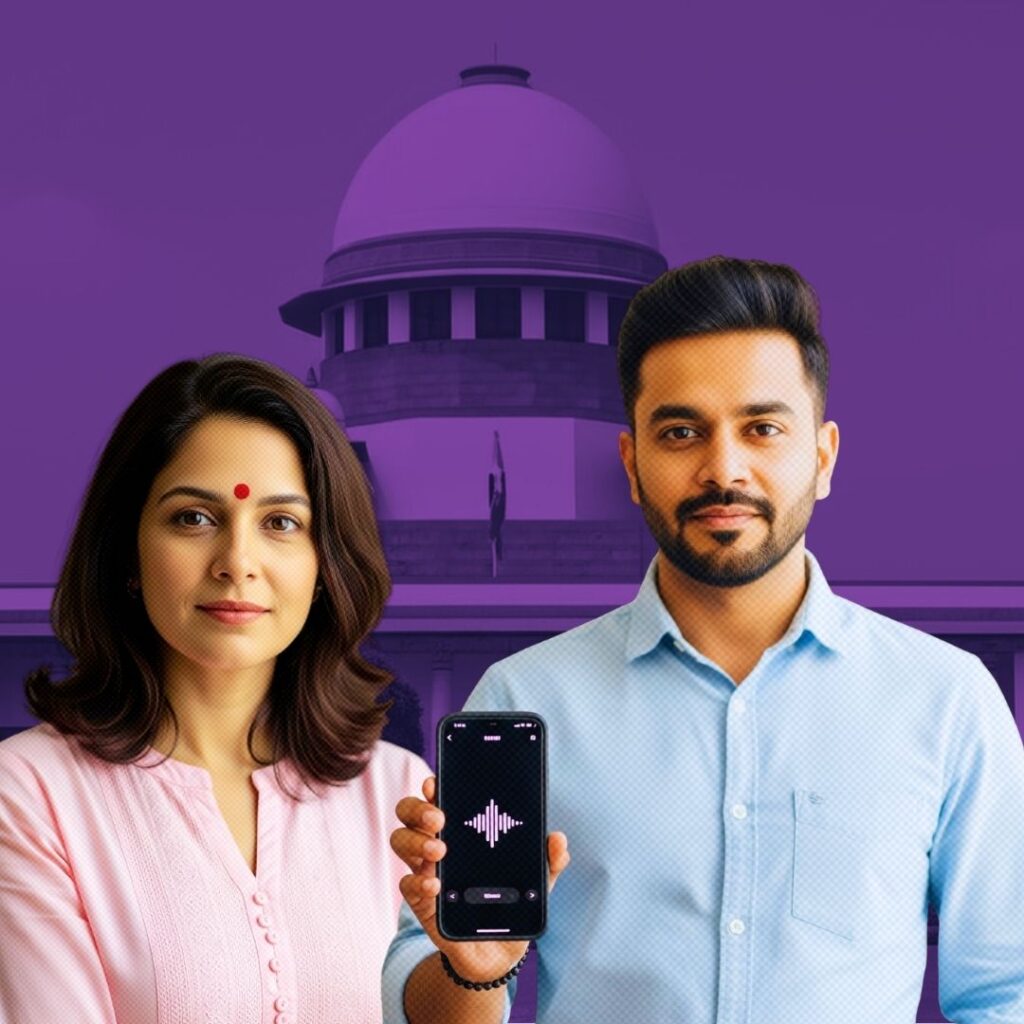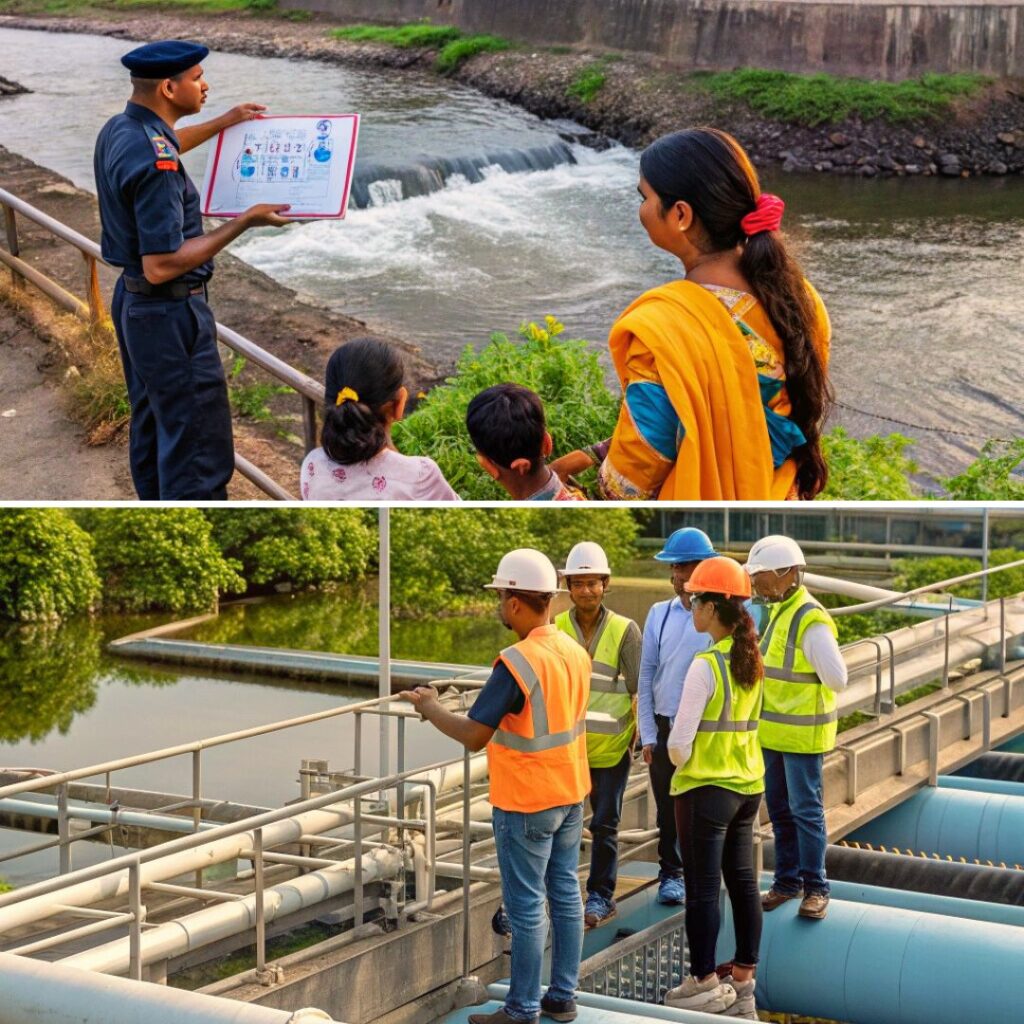The Delhi High Court has directed the three municipal corporations (MCD) in the city to make the details of the number of vacant seats in the private schools recognised by MCD available online to the public.
The verdict was the result of a plea filed by four activists who alleged that the lack of transparency regarding the seats available violated the fundamental right of a child to free and compulsory education.
The HC, while allowing a Public Interest Litigation (PIL), has directed the Municipal Corporation of Delhi (EDMC,NDMC and SDMC) to make the admission procedure under the Economically Weaker Section (EWS) and Socially Disadvantaged Groups (DG) quota in the private schools fair and transparent.
The HC bench ordered the MCD to put the information on the respective websites every year on December 31. In Delhi’s 1003 private primary schools, 25% seats are reserved in private schools – and all these schools are recognised by MCD.
The entire order can be read here.
It will help 12,000 children per year
According to Kumar Shanu, an advocate at the Delhi HC and the Supreme Court, “The admission process has been marred by opaqueness, ad-hocism and indifference of these corporations. Under Section 12(1)(c) of The Right of Children to Free and Compulsory Education Act, 2009, each private school is mandated to reserve 25% of its entry level classroom seats for the children belonging to EWS and DG.The three Municipal Corporations have granted recognition to a total of 1003 private primary schools in Delhi. The directions given by the Hon’ble Delhi High Court to the three Municipal Corporations if implemented in letter and spirit, shall benefit around 12,000 children per year and help them exercise their fundamental Right to Education.”
Section 12(1)(c) of The Right of Children to Free and Compulsory Education Act, 2009. India Code
A Bench headed by the Chief Justice of the Delhi High Court took cognisance of this PIL and issued notice to the three Municipal Corporations in Delhi on 21 December 2016. After going through the issue in depth and after considering arguments from both the sides, the HC passed an order directing the Municipal Corporations to comply with their duty prescribed by law under Section 9(e) of the Right to Children of Free and Compulsory Education Act, 2009.
The HC has ensured that the information regarding the details of the admission procedure along with vacant seats and grievance redressal system are made available by the schools to the respective Municipal Corporation which in turn will be brought into public domain by the Municipal Corporation by posting this information on their website – all in a time bound manner.
The petitioners
The four petitioners in the case are:
Anurag Kundu (an RTE activist), Kumar Shanu (advocate), Paras Jain (a law student), and Kapil Agarwal (a law student).
They found that the Municipal Corporations in Delhi have provided no information on the number of vacant seats, procedure of admission for admissions under RTE in the public domain. (This is a mandatory disclosure under Section 4(1)(b) & (c) of The Right to Information Act, 2005.) Mr Kundu, along with members of Whistle for Public Interest (WHIP), decided to approach the Delhi HC after all their representations to the Corporations went unanswered.
Section 4(1)(b) & (c) of The Right to Information Act, 2005. rti
Whistle For Public Interest- WHIP is a group of public-spirited law students and young lawyers working for transparency and accountability in the affairs of public authorities. They had earlier taken CBSE to the Supreme Court for not providing answer-sheets under Right to information.
Their previous accomplishments: Two Students Take CBSE To Supreme Court For Not Following RTI Norms Thanks To Two Law Students And Prashant Bhushan, CBSE Students Won’t Have To Pay For Answer Copy
The Logical Indian community appreciates the efforts of the petitioners and the verdict of the HC. It will go a long way in making Delhi’s education system more transparent and accountable.











